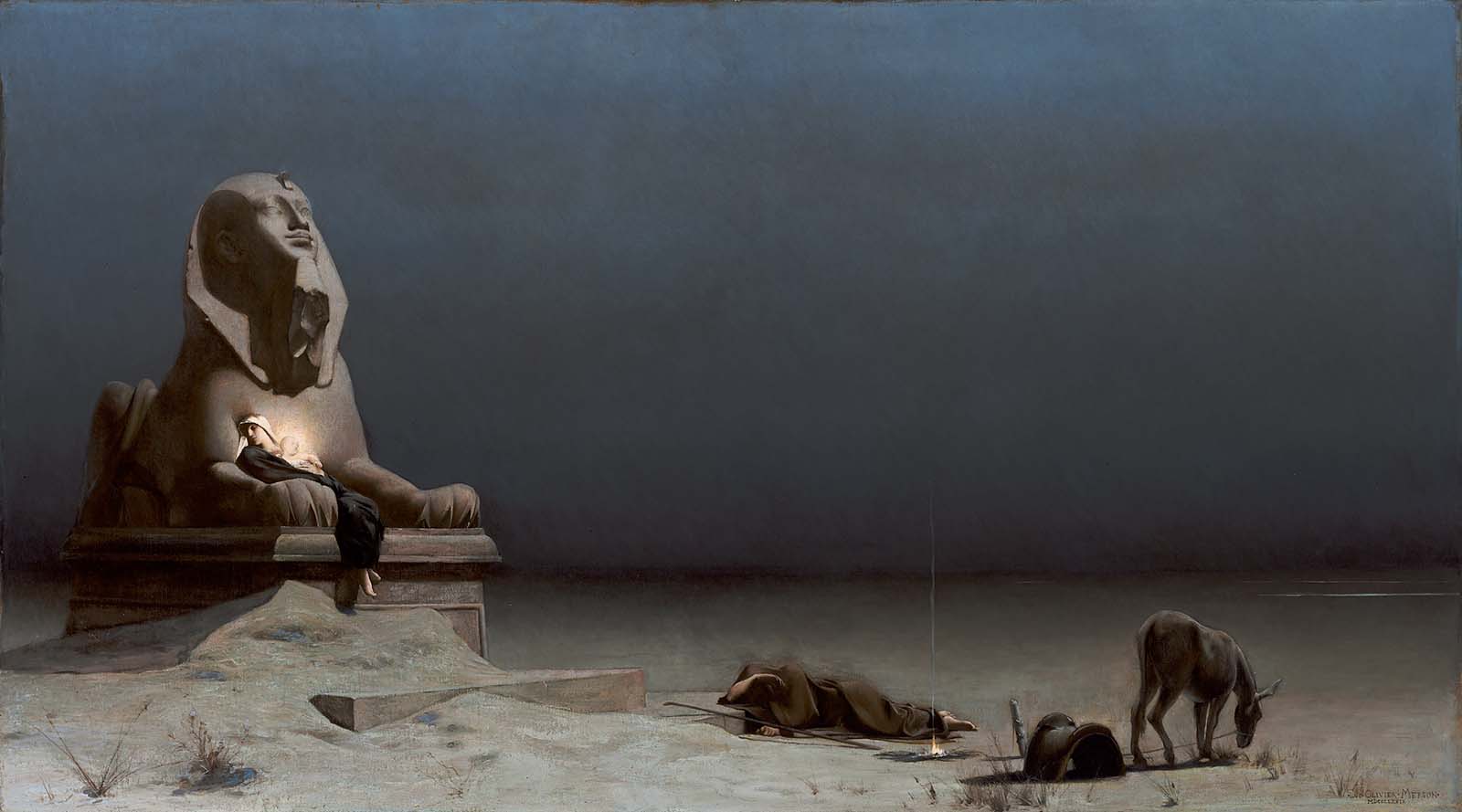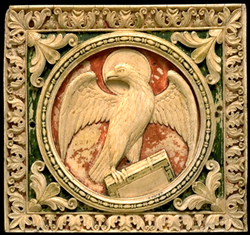In today’s Gospel we see Our newborn Lord living the same travails of his people, and so many peoples, suffering persecution and slavery. Like his ancestors, Jesus and his family are forced to go to Egypt, but this time is different, because the future liberator does not fall into slavery there, and returns from exile to Israel in a new Exodus, a recurring theme of the prophets. He also lived, as many of his fellow Jews of the time, away from Israel in the diaspora, and even when he returned home he could not live in his native Bethlehem, but in Nazareth. Despite the travail of his first years of earthly life, the evil designs of Herod ultimately fail, and in their darkness the light of the Savior, fulfilling prophecies despite the dire events that cost innocent lives, shone ever more brightly.
Today’s feast is not only about Our Lord’s exile and return to Israel. It is about what makes a holy family. Mary welcomed life as part of God’s plan, and Joseph, despite some initial confusion, took Mary as his wife because the Lord revealed it was his will. The Holy Family supported each other when times became tough; not everyone in a family can contribute equally, but, as the First and Second Readings remind us today, everyone, through their virtue, contributes to the well-being of their parents, their siblings, and beyond. A family that sticks together can face any trial, and the key to that is prayer. As Fr. Patrick Peyton used to preach, “The family that prays together, stays together.” Joseph, when faced with hard decisions, listened to what the Lord had to say through angels and dreams, and his decisions were shaped by what God wanted. Mary’s whole life was a fiat to the plans of God. Our infant Lord couldn’t be in better hands.
Let’s pray that all families today, especially those in difficulty, be united in God. Through prayer and virtue let’s pray that they strengthen their existing bonds of love and restore those broken by trial.
Readings: Sirach 3:2–6, 12–14; Psalm 128:1–5; Matthew 2:13–15, 19–23. See also Holy Family, Cycle C.




